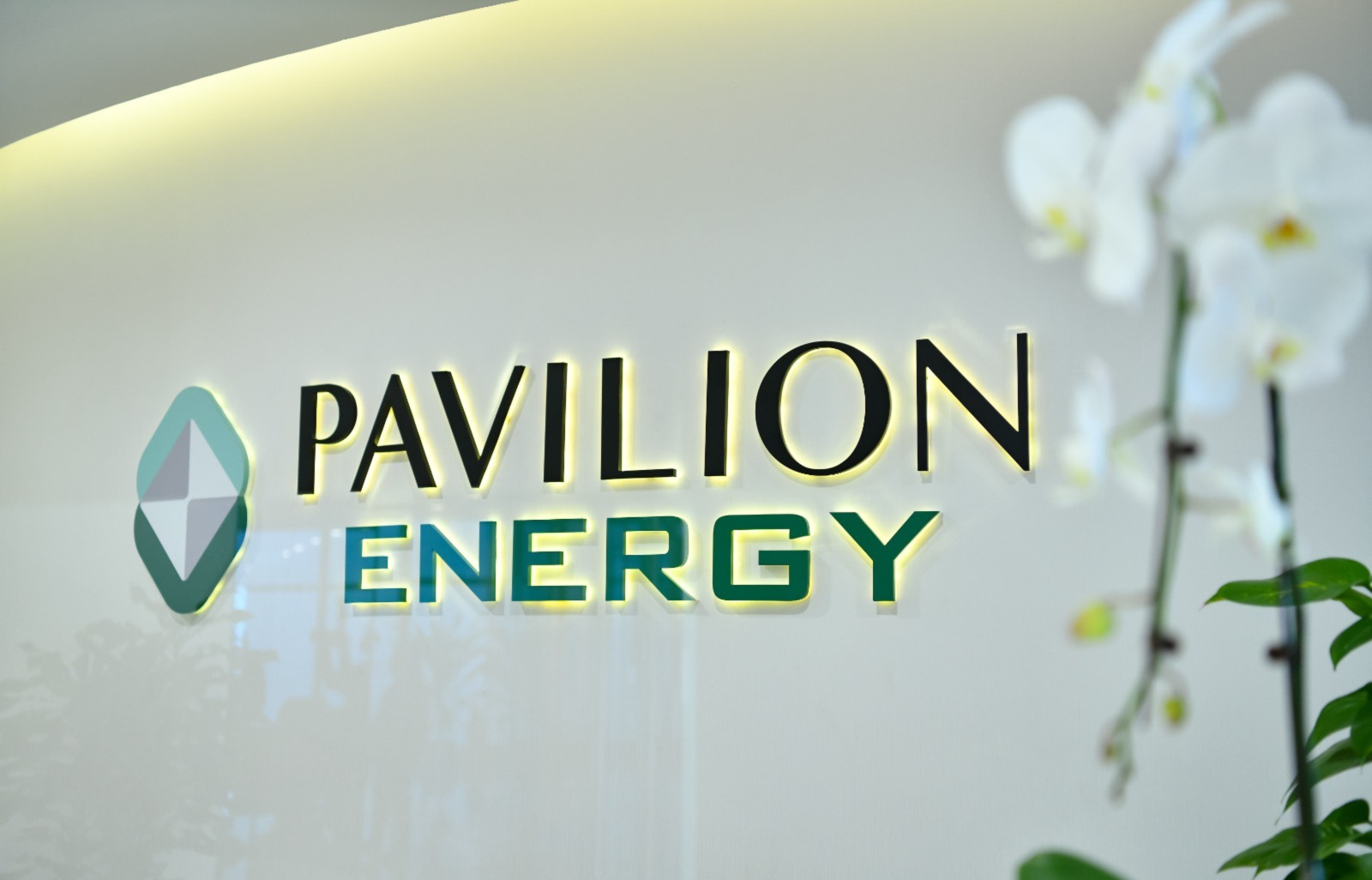Singapore firm forms JV with global maritime player BW Group
Temasek-owned Pavilion Energy is venturing into yet another aspect of the global LNG business, namely liquefied natural gas transportation, with this resulting in the first Singapore-flagged LNG carriers.
The Singapore LNG player has entered into a multi-million dollar deal with global maritime player BW Group to form a joint venture - BW Pavilion LNG (with an initial paid-up capital of US$55 million) - to acquire, manage and charter maritime LNG assets, including LNG carriers. The JV is hitting the ground running with an existing LNG carrier, and will build two new ones at a South Korean shipyard, with each said to cost around US$250 million.
At yesterday's JV signing here, Pavilion CEO Seah Moon Ming said that the venture, which has been under discussion for a year, "represents Pavilion's expansion into LNG Shipping, and an early investment in a critical part of the LNG value chain which enables Pavilion to connect global LNG supplies to regional gas demand centres in Asia".
"As the Ukraine crisis reminds us, we should not depend on pipelines to access affordable gas. So this LNG shipping JV reinforces Pavilion's intention and determination to be a leading regional LNG player, and to bring reliable and competitive gas to Singapore."
Andreas Sohmen-Pao, BW Group CEO, added: "We look forward to a long-term partnership with Pavilion Energy, leveraging our experience in the maritime LNG value chain and our long-established talent base in Singapore to develop opportunities in the sector."
The JV is already up and running, given that its first LNG carrier of 138,000 cubic metres is currently on lease. Another two new ships, of 162,000 cu m capacity each, will be ready by early 2015. They are being built by the Hyundai Heavy Industries shipyard in Korea.
"The initial paid-up capital of the JV is US$55 million. We will inject more capital as needed along the way," a Pavilion Energy spokesman told BT.
"Our partner, BW Group will provide the necessary assistance for firstly, the administration, finance and other support services; and secondly, the commercial, technical and operational management of the vessels. The ships will be used for both short and long-term commercial arrangements."
Pavilion's intention is to deploy the JV's ships for its own LNG supply delivery requirements, the spokesman added. But this will not be until 2018 (under an LNG supply deal it struck earlier) and 2020 (when first gas deliveries are expected from Pavilion's Tanzania assets).
"Leasing out the vessels will generate additional income stream for the company. We will lease out the vessels at market rates," he said.
The latest LNG shipping JV marks another chapter in Pavilion's journey to become a leading global LNG player. Set up in April last year, the company made its trading debut by clinching two initial LNG supply deals last year, including a recently completed spot deal involving delivery to Asia, and a longer 10-year LNG supply deal for 0.5 million tonnes per annum (worth around US$500 million annually), with first LNG deliveries into Singapore and Asia in 2018.
Armed with a war chest of US$6.9 billion, it then bought into its first upstream LNG asset, paying US$1.288 billion for a 20 per cent stake in offshore LNG exploration concessions in Tanzania last November. The deal with the UK's Ophir Energy saw it buying a one-fifth interest in Tanzania Blocks 1, 3 and 4, with first gas deliveries expected in 2020.
JV partner BW Group, which has its roots in Hong Kong and Norway, now operates its group HQ in Singapore. BW's fleet of 113 vessels includes crude oil supertankers, refined oil tankers, LNG and LPG carriers, chemical tankers and floating production storage and offloading (FPSO) units.






